Teaching students good learning strategies would ensure that they know how to acquire new knowledge, which leads to improved learning outcomes, writes lead author Helen Askell-Williams of Flinders University in Adelaide, Australia. And studies bear this out. Askell-Williams cites as one example a recent finding by PISA, the Programme for International Student Assessment, which administers academic proficiency tests to students around the globe, and place American students in the mediocre middle. “Students who use appropriate strategies to understand and remember what they read, such as underlining important parts of the texts or discussing what they read with other people, perform at least 73 points higher in the PISA assessment—that is, one full proficiency level or nearly two full school years—than students who use these strategies the least,” the PISA report reads.
Via Gust MEES, Nancy Jones, Jim Lerman, Mark E. Deschaine, PhD





 Your new post is loading...
Your new post is loading...
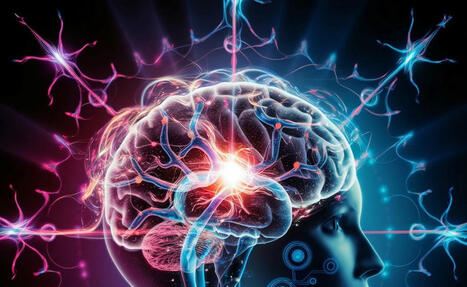





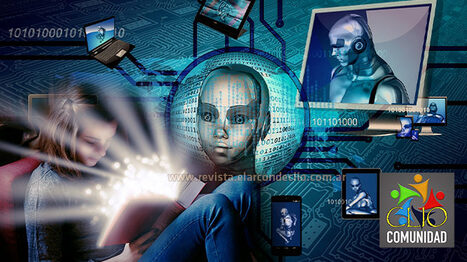
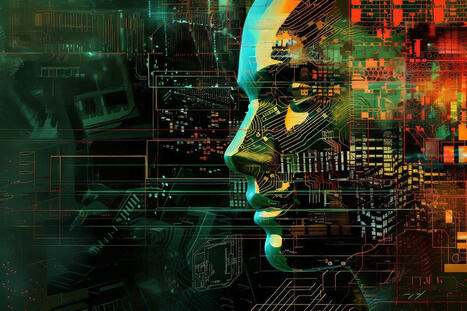
![[PDF] Can AI be as creative as humans? | Edumorfosis.it | Scoop.it](https://img.scoop.it/GrETaYQq0leSIdbcvaO4STl72eJkfbmt4t8yenImKBVvK0kTmF0xjctABnaLJIm9)
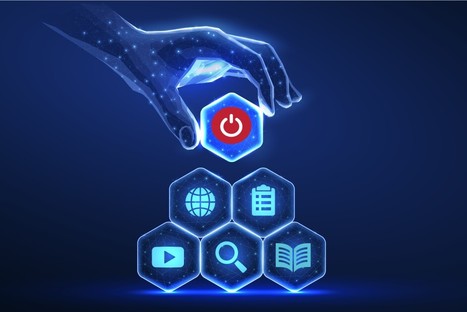

![[PDF] Educación digital en las Universidades: Una guía de implementación digital | Edumorfosis.it | Scoop.it](https://img.scoop.it/bFTSCmF14-fp9iPocQ1GaDl72eJkfbmt4t8yenImKBVvK0kTmF0xjctABnaLJIm9)




![[PDF] Boston University AI Task Force | Edumorfosis.it | Scoop.it](https://img.scoop.it/Gqcr-fXDbHOxSuLykGnv4jl72eJkfbmt4t8yenImKBVvK0kTmF0xjctABnaLJIm9)


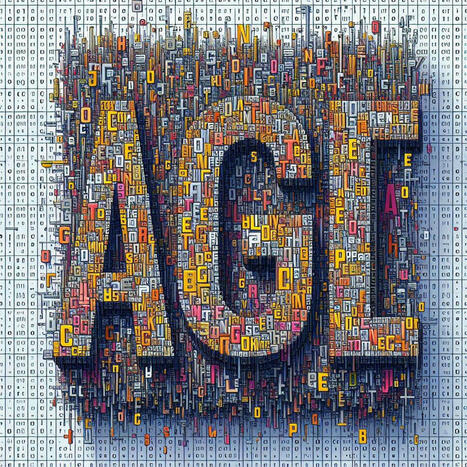




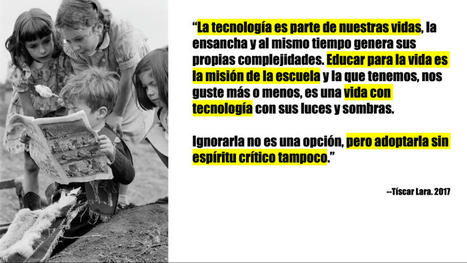






Learn more / En savoir plus / Mehr erfahren:
https://gustmees.wordpress.com/2014/10/03/design-the-learning-of-your-learners-students-ideas/
https://gustmees.wordpress.com/2015/07/19/learning-path-for-professional-21st-century-learning-by-ict-practice/